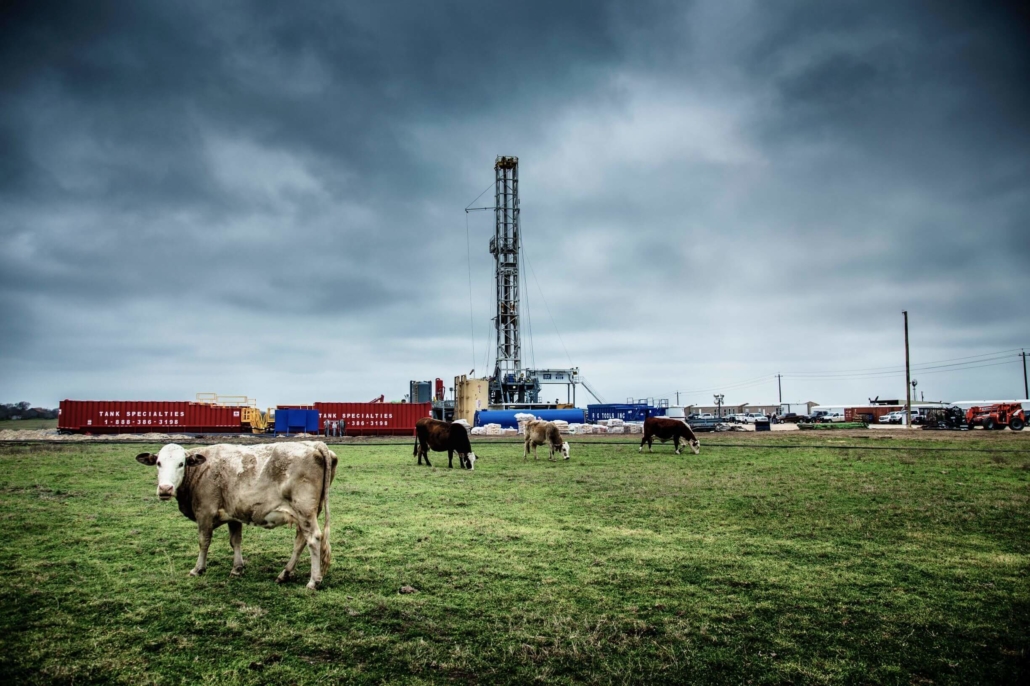Today, the Colorado Outdoor Business Alliance released a letter signed by more than 100 Colorado businesses in support of the Land and Water Conservation Fund (LWCF), one of the nation’s premier conservation programs. The open letter encourages Colorado decision makers to support full and permanent reauthorization of LWCF as an investment in our state’s outdoor recreation economy.
LWCF uses federal revenues from offshore oil and gas drilling to support the conservation of our public lands and waterways. It has protected natural areas, local parks, ballfields, and walkways in almost every county of the U.S. Colorado has received more than $260 million to support projects in the state, from Gunnison Gorge National Conservation Area and Cross Mountain Ranch on the Yampa River to urban parks like Montbello Open Space Park.
The business signers include outdoor recreation and tourism businesses, as well as other emerging industries, from all across Colorado.
“We’ve built our brand around those who dare to study maps and approach adventure differently,” said Sarah and Thor Tingey of Alpacka Raft in Mancos. “Programs like LWCF support that by creating more opportunities for people to access rivers and streams and explore public lands and archaeological sites that may not have been previously protected. But even more, LWCF is and has been, a major catalyst in getting local, community-driven projects completed on time. This program is essential to each and every one of us in this country — whether we enjoy exploring desert canyons in pack rafts or riding our bikes along paved river trails.”
LWCF has been a successful program and has bipartisan support. But it will expire on September 30, 2018, unless Congress acts to reauthorize it.
“The Land and Water Conservation Fund has served to bridge strong partnerships between federal land managers, local and state governments, the private sector and non-profits,” said Ned Mayers of Western Anglers in Grand Junction. “This is a critical connection in efforts to sustain and grow our outdoor recreation economy and in setting the stage for how we do that for years to come. We need programs like LWCF to spur conservation projects and help our local economies and governments to complete community-driven projects.”
The full text of the letter and list of business supporters is below.
The Colorado Outdoor Business Alliance is a program of Conservation Colorado. It aims to bring together Colorado’s leading businesses who recognize the fundamental role that public lands and a healthy environment play in sustaining Colorado’s emerging outdoor recreation economy.
An Open Letter to Colorado’s Decision Makers:
Since the 1960s, the Land and Water Conservation Fund has fulfilled a bipartisan commitment to natural resource conservation and outdoor recreation programs, while using zero taxpayer dollars to do so. From protecting natural areas and open space to local parks, ball fields, and walkways, LWCF has played a pivotal role in spurring local and regional economies and community well-being. As Colorado business owners and community leaders, we recognize the distinct advantage that our quality of life provides our companies, such as attracting and retaining a high-quality workforce, and LWCF has played a critical role in bolstering the competitive advantage of locating a business in Colorado.
We ask that you advocate for and support permanently reauthorizing and fully funding the Land and Water Conservation Fund before its expiration on September 30, 2018. LWCF is integral to meeting the needs of our communities, businesses and local chambers, improving access to the outdoors, conserving working landscapes, developing new urban parks, and protecting wildlife. An investment in LWCF is an investment in Colorado’s booming outdoor recreation economy, which supports nearly 230,000 direct jobs. Eliminating or placing restrictions on LWCF would directly undermine this economic asset, and place our outdoor recreation economy at risk.
All told, Colorado has been a major beneficiary of LWCF funding, receiving over $260 million to support projects across the state; projects that have multiplied across local economies around places like the Gunnison Gorge National Conservation Area and the Cross Mountain Ranch along the Yampa River. In addition to benefiting our communities and local economies, LWCF is a key component in maintaining clean, safe and reliable drinking water, improving public land access, ensuring our children have places to play, and attracting entrepreneurs, retirees, and tourists – all of which positively impact our local economies, businesses and quality of life.
With less than 100 days until the Land and Water Conservation Fund expires, we urge you to work diligently towards permanently reauthorizing this program with full and dedicated funding. Doing so is in the best interest of the Colorado business community, our local and regional economies and our quality of life. You can take immediate action by co-sponsoring H.R. 502 or S. 569 & 896. Supporting this program is supporting the Colorado business community and the outdoor recreation economy.







 The oil and gas industry has
The oil and gas industry has  Over 100 local elected officials and legislators have spoken out against Amendment 74, reiterating that the ballot measure is too broad and goes too far. Outspoken opponents so far include a host of environmental and progressive non-profits across issue areas, Club 20, Colorado Association of Realtors, Colorado Municipal League, and Governor Hickenlooper.
Over 100 local elected officials and legislators have spoken out against Amendment 74, reiterating that the ballot measure is too broad and goes too far. Outspoken opponents so far include a host of environmental and progressive non-profits across issue areas, Club 20, Colorado Association of Realtors, Colorado Municipal League, and Governor Hickenlooper. If an oil and gas company wanted to place more pipelines, storage facilities and wells near homes – like the pipelines that caused an explosion and killed two people at a home in Firestone just last year – but was blocked by zoning laws or local rules, they could sue a local government for preventing them from making a profit.
If an oil and gas company wanted to place more pipelines, storage facilities and wells near homes – like the pipelines that caused an explosion and killed two people at a home in Firestone just last year – but was blocked by zoning laws or local rules, they could sue a local government for preventing them from making a profit.

